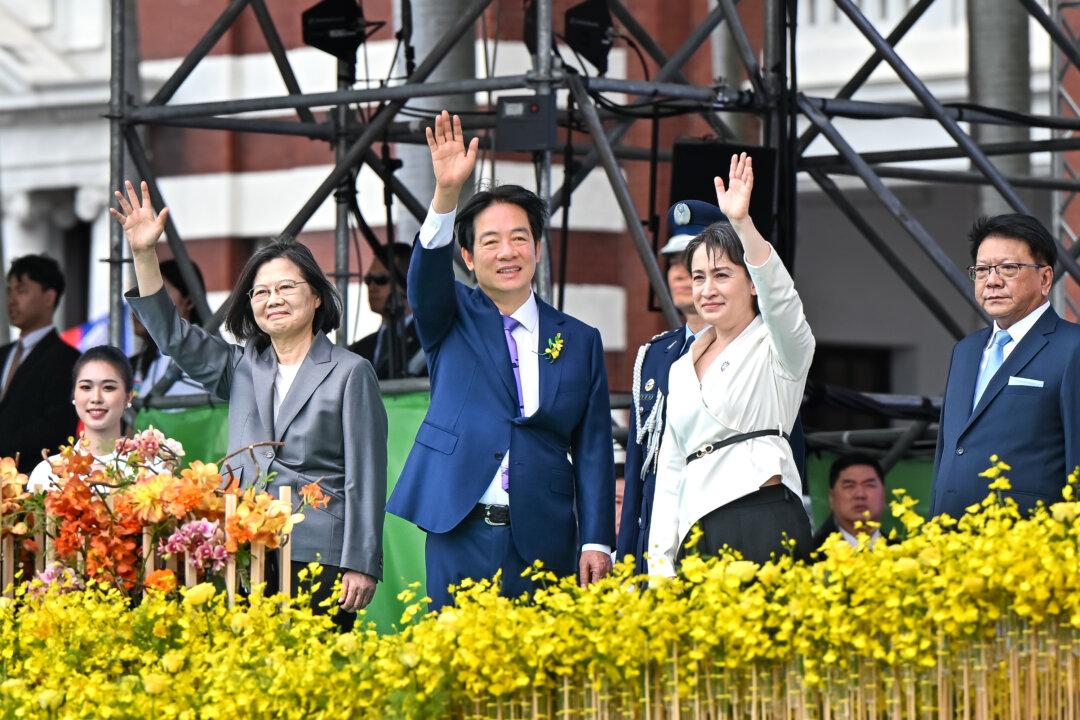Commentary
The inauguration of Taiwanese President Lai Ching-te on May 20 was a bright victory for Taiwan’s people and the United States at an otherwise dark time as the Chinese regime increases its coercive pressure against Taiwan.

The inauguration of Taiwanese President Lai Ching-te on May 20 was a bright victory for Taiwan’s people and the United States at an otherwise dark time as the Chinese regime increases its coercive pressure against Taiwan.